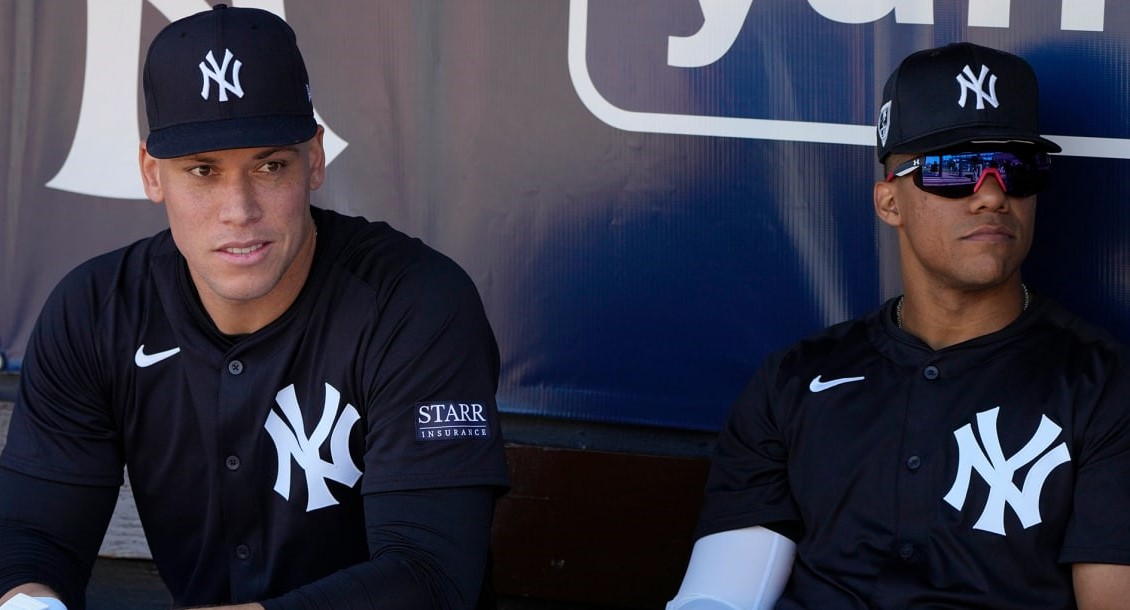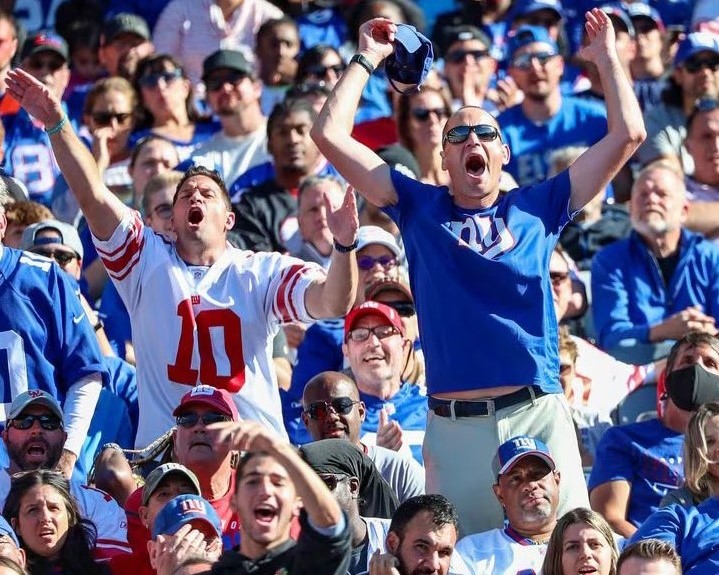Evolution, Prestige, and Triumph

By Myrek Zastavnyi
The New York City Marathon stands among the world’s premier races, drawing over 50,000 runners and nearly 2 million spectators to the city’s streets every year. As part of the World Marathon Majors, the event is celebrated for its global appeal and rigorous standards, holding World Athletics’ Gold Label status. Over time, the marathon has become a symbol of resilience, strength, and unity, attracting elite athletes and dedicated amateur runners from across the world.
The determination needed to tackle a race of this scale resonates with both elite and local runners. Warwick resident Jason Wendell, a Captain in the FDNY and a member of the department’s running club, knows firsthand the mental grit required to complete the course. “Marathon running is 60 percent mental, 30 percent physical, and 23 percent a hatred of math,” Wendell says. “Once you can stop calculating the tremendous distance and time you have to run and, instead, just focus on putting just one foot in front of the other, you can make it happen. Don’t think, just go.”
Humble Beginnings
The journey of the New York City Marathon began in 1970 when Fred Lebow, a passionate runner, organized the first race with only 127 participants looping through Central Park. The prize back then? Just a wristwatch. In 1976, with Lebow leading the New York Road Runners, the marathon transformed into a citywide event spanning all five boroughs, marking a new chapter of inclusivity and endurance. This expansion saw participation soar to over 2,000 runners, with athletes flocking from around the globe.

Lebow’s legacy lives on in the marathon’s spirit and growth. Diagnosed with brain cancer in 1992, he ran his final marathon that year, a testament to his dedication. Since then, the race has flourished, attracting over 30,000 runners by the late 1990s. The marathon has only been canceled twice—in 2012 due to Hurricane Sandy and in 2020 because of the COVID-19 pandemic.
An Iconic Course Through Five Boroughs
Spanning 42.195 kilometers, the marathon’s course winds through all five boroughs—Staten Island, Brooklyn, Queens, the Bronx, and Manhattan. Starting at Fort Wadsworth on Staten Island, runners traverse the Verrazano-Narrows Bridge, then Brooklyn’s vibrant neighborhoods, crossing into Queens via the Pulaski Bridge. After tackling the Queensboro Bridge, they enter Manhattan, eventually reaching Central Park, where cheering crowds line the final stretch.
Legendary Performances
Over the years, the New York City Marathon has witnessed many historic performances. Norwegian runner Grete Waitz remains a legend, having won nine times, including a record-breaking streak from 1982 to 1986. Kenyan champion Mary Keitany followed with four titles, known for her impressive speed in the latter half of the race.
Among American icons, Bill Rodgers won four consecutive titles from 1976 to 1979. In 1981, Alberto Salazar set a then-world record of 2:08:13 on this course, further cementing the marathon’s reputation. The current course records are held by Geoffrey Mutai, who ran a 2:05:05 in 2011, and Margaret Okayo, with a time of 2:22:31 in 2003.
Notable Statistics and Impact
As one of the largest marathons globally, the New York City Marathon has significant economic and social impact. In 2019, the prize fund totaled $825,000, with $100,000 awarded to each winner. Registration fees have increased to $358 for international participants, reflecting the race’s growing logistics. Generating over $200 million for New York City’s economy each year, it’s not only a pivotal event for athletics but a financial boon as well. Beyond the race itself, the marathon is a powerful platform for charity, raising $36.1 million for various causes in 2016 alone.
The Path to Participation
Due to its popularity, the New York City Marathon has managed entry through a lottery system since 1983. With 8,000 guaranteed spots, the remainder are randomly awarded, allowing runners of all backgrounds a chance to experience one of the world’s most celebrated races.

The 2024 Marathon Champions
The recent 2024 marathon saw Dutch athlete Abdi Nageeye win the men’s title, finishing in 2 hours, 7 minutes, and 39 seconds. Kenyan runner Sheila Chepkirui claimed victory in the women’s division with a time of 2 hours, 24 minutes, and 35 seconds, narrowly beating last year’s champion Hellen Obiri by 14 seconds.
Men’s Results
- Abdi Nageeye (Netherlands) – 2:07:39
- Evans Chebet (Kenya) – 2:07:45
- Albert Korir (Kenya) – 2:08:00
- Tamirat Tola (Ethiopia) – 2:08:12
- Geoffrey Kamworor (Kenya) – 2:08:50
Women’s Results
- Sheila Chepkirui (Kenya) – 2:24:35
- Hellen Obiri (Kenya) – 2:24:49
- Vivian Cheruiyot (Kenya) – 2:25:21
- Eunice Chumba (Bahrain) – 2:25:58
- Fabienne Schlumpf (Switzerland) – 2:26:31
Held every first Sunday in November, the New York City Marathon has grown beyond just a race to become a beacon of perseverance and community celebration. With its mix of elite and amateur runners, it captivates participants and spectators alike, embodying a spirit of strength, endurance, and unity.






